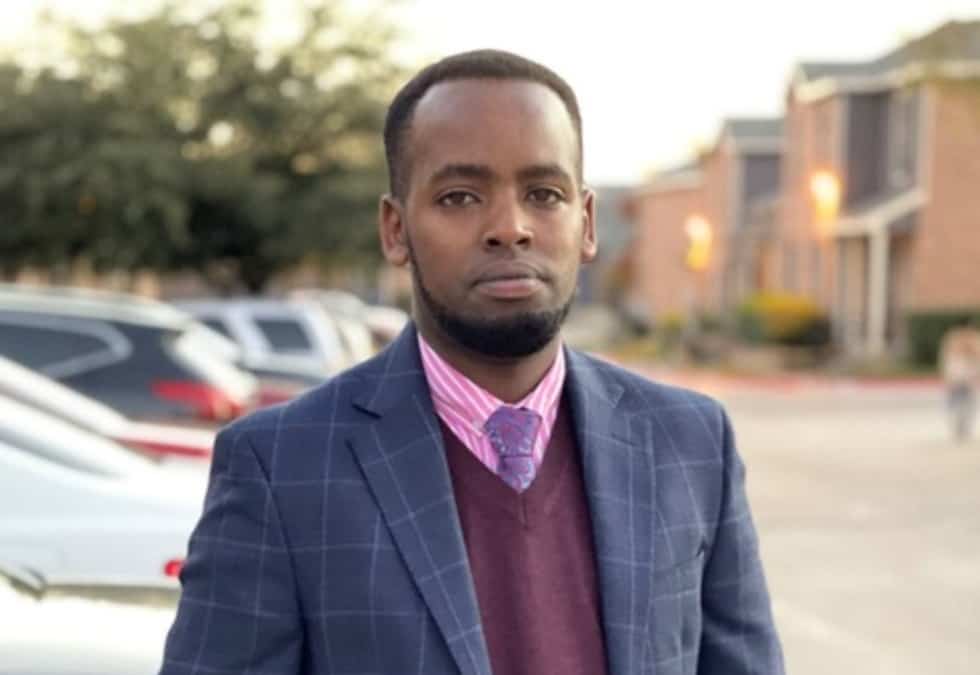Aime’s Story

Aime Muhoza is 28 years old and works at a Walmart distribution center in DFW. He has a phone and car, stable housing and a consistent paycheck.
But for twelve years, Aime lived a completely different reality. Aime is from the Democratic Republic of the Congo. As a teenager, he watched his community fall into chaos. Violent conflict between the Congolese government and a political opposition group led to severe property destruction and what Aime described as “genocide.” Houses burned, cows stolen, farms and livelihoods lost. Aime’s ethnic group was targeted by this violence. By 2007, the conflict became so serious that Aime’s family –his mother and two brothers – decided to flee.
They went to Rwanda, their neighboring country, where they lived in two different refugee camps for a total of twelve years. Aime was only about 14 years old at the time. “The food was insufficient at the camp,” Aime said. They went nights or days without eating at times, and the housing was very poor but, as Aime explained: It was better than returning home, where he and his family would likely be killed.
He completed his high school education while at the refugee camp, only to find himself ineligible to work in Rwanda thereafter.
Aime described this as a common barrier for his peers in the camp. Why go to school if they would be unable to work? Aime was jobless for five years after that, noting the depression that set in as they lived for years without anything to do. “That war destroyed our beautiful country, our beautiful people.”
In 2016, Aime’s family was presented the opportunity to open a case for refugee resettlement. Finally, in May 2019, they arrived in Fort Worth, TX, welcomed by the Refugee Services Team of Catholic Charities Fort Worth. Case worker Manju Lama and team ensured Aime’s family had a smooth transition. They moved the family into an apartment, covered rent payments for the first six months, provided food and furniture, and more. In the months that followed, Refugee Services helped Aime’s family navigate the green card process, job and welfare applications, and signing up for ESL classes. According to Aime, being in the U.S. means having a “full chance to do everything, to do what you want.”
“You get freedom of work, freedom of speech, freedom of life. Can you imagine where I came from? This is heaven.”
With his first paycheck from Walmart, Aime was able to buy a used car. Now, his mother and two brothers also have cars, and one of his brothers is studying at TCC.
One year after their resettlement, Aime’s family was able to move into a nicer apartment. Aime is saving money. Life is good now. “We’re not refugees anymore. We feel like regular people.” Though Aime is currently supporting his family while his brother is in school, he hopes to go back to school one day to study business management.
Amidst the chaos in the Congo, Aime’s family had been separated from his third brother in 2003. With no way of finding or communicating with him, and surrounded by violence, the only thing they could assume was that he was dead. Yet, soon after resettling here, the family received a phone call from Kenya. Aime’s brother was alive. That day, they spoke with him again for the first time in 16 years, and now they can talk with him daily. In three years, Aime plans to seek U.S. citizenship. “Life is better and better, and we expect more better ahead.”
